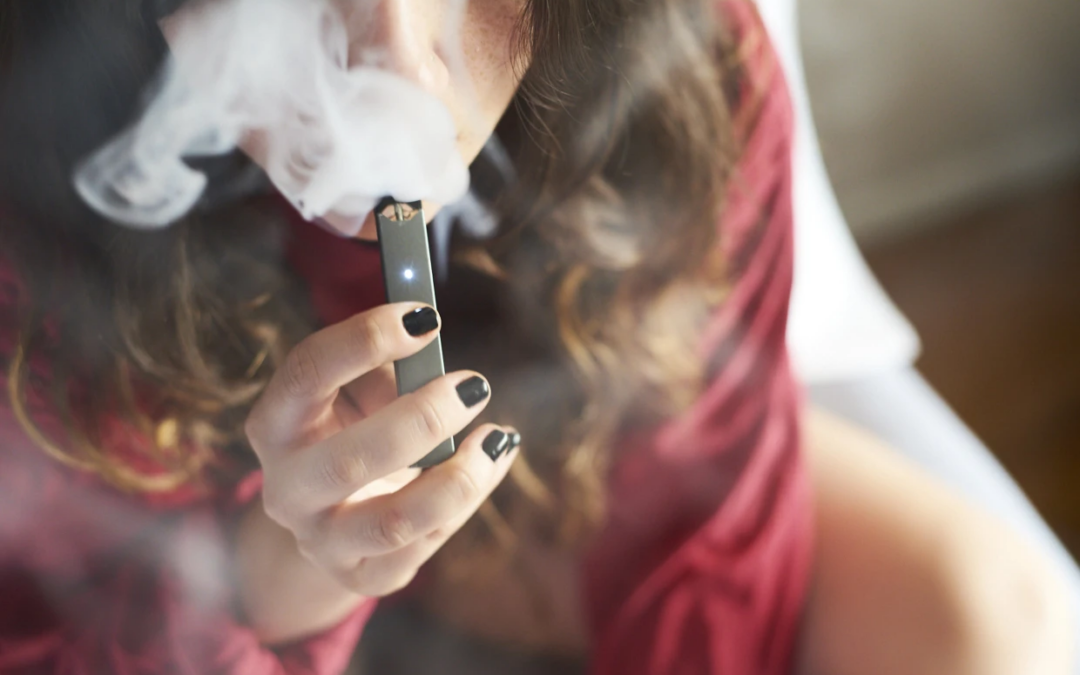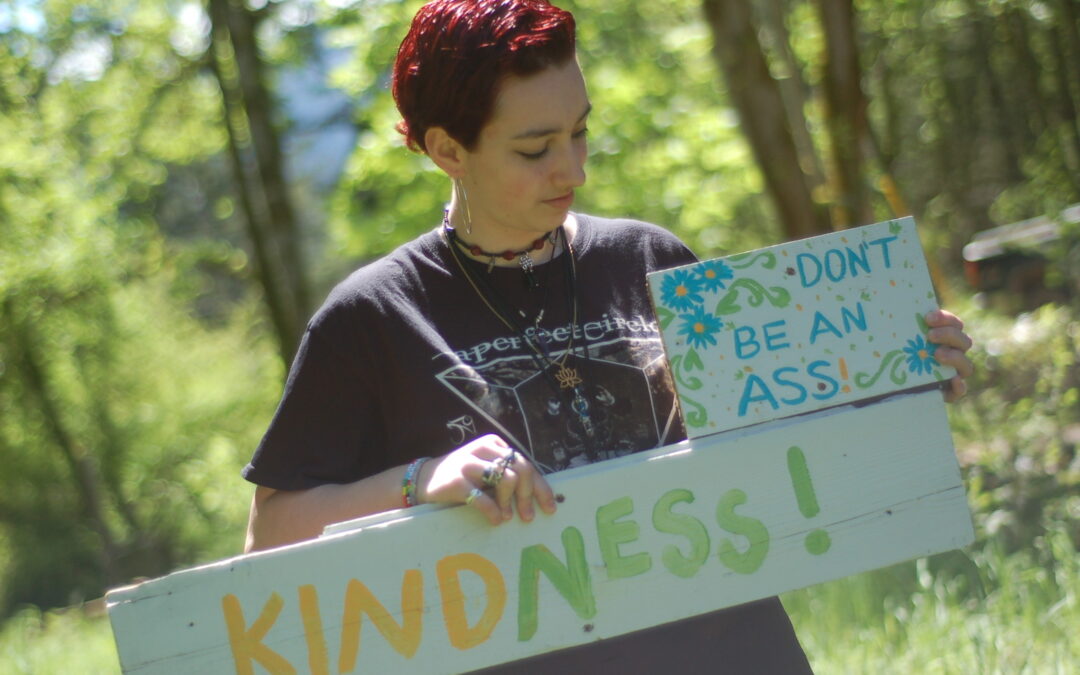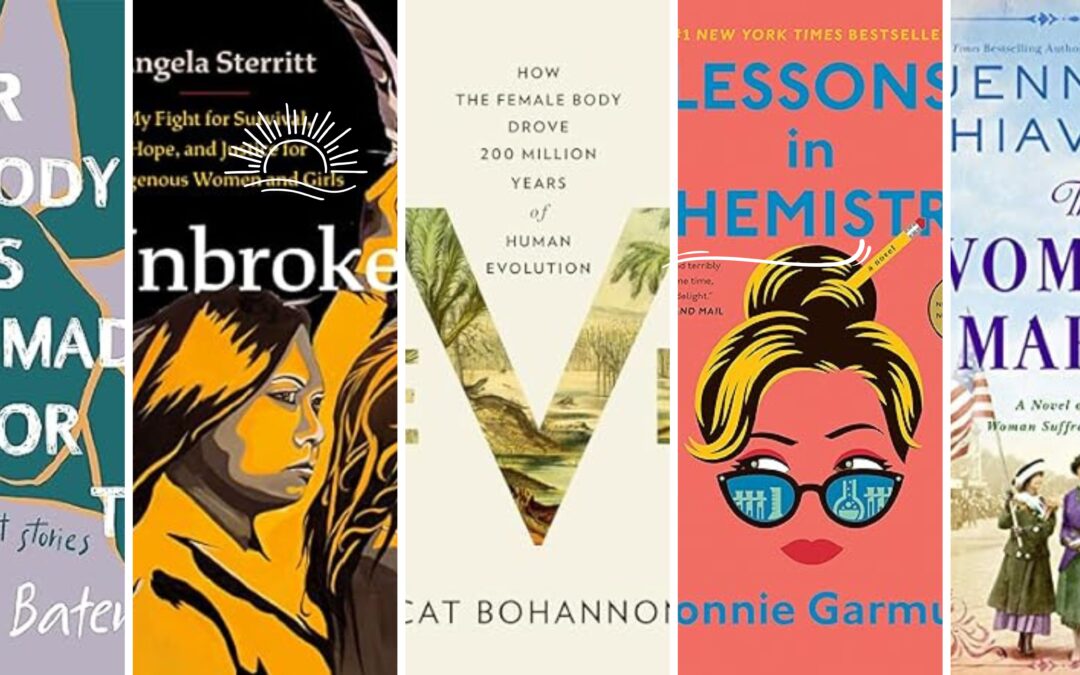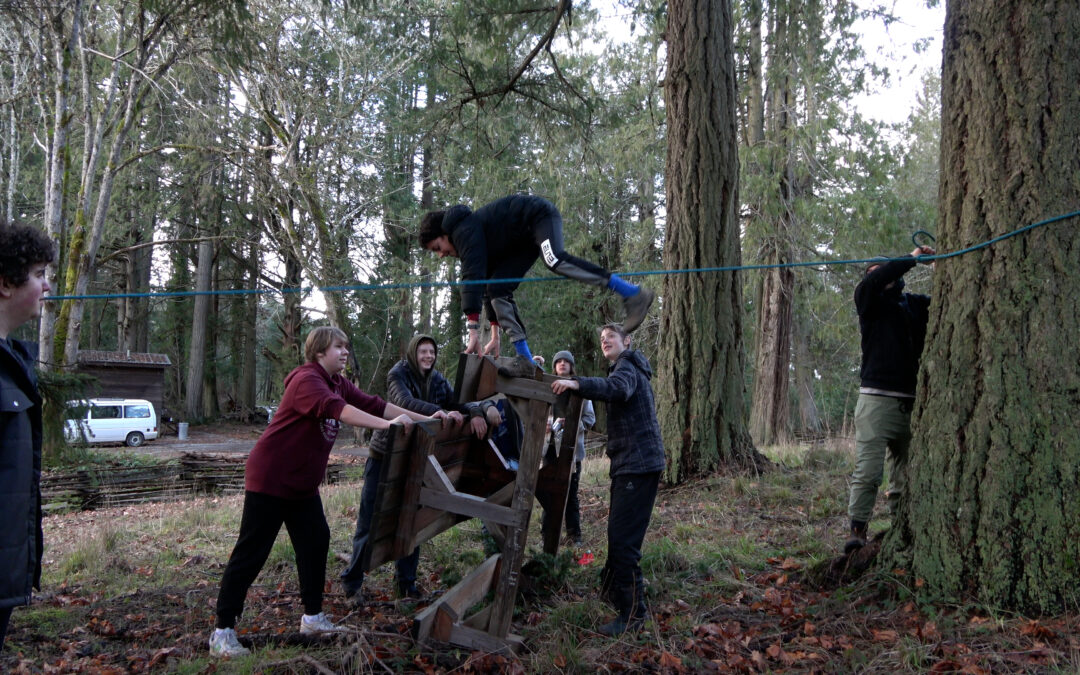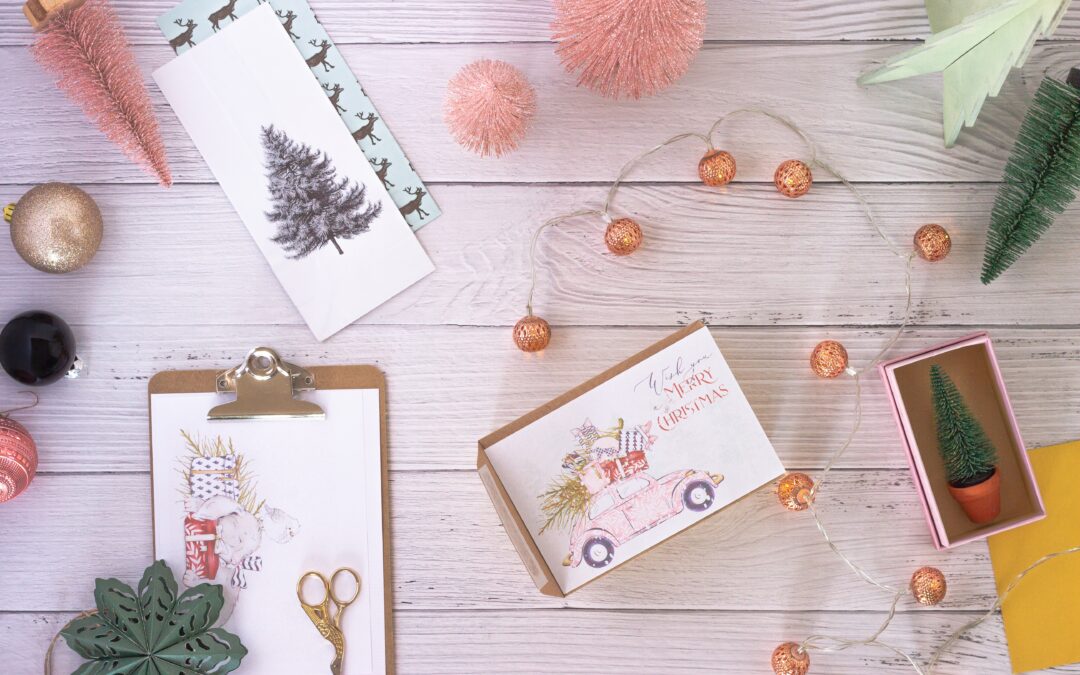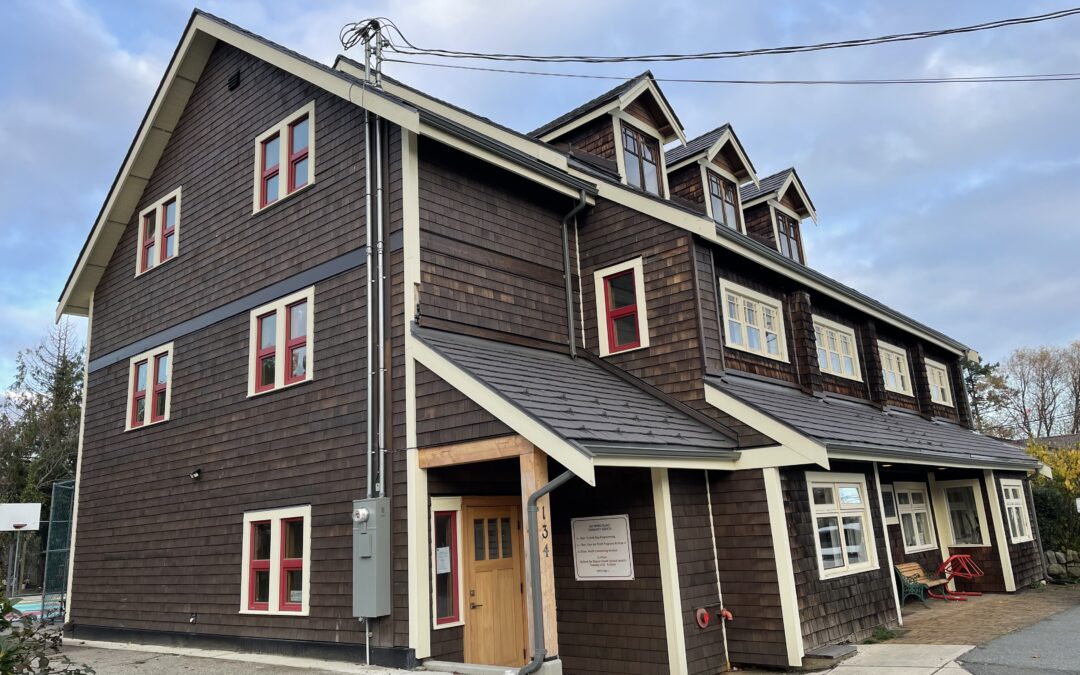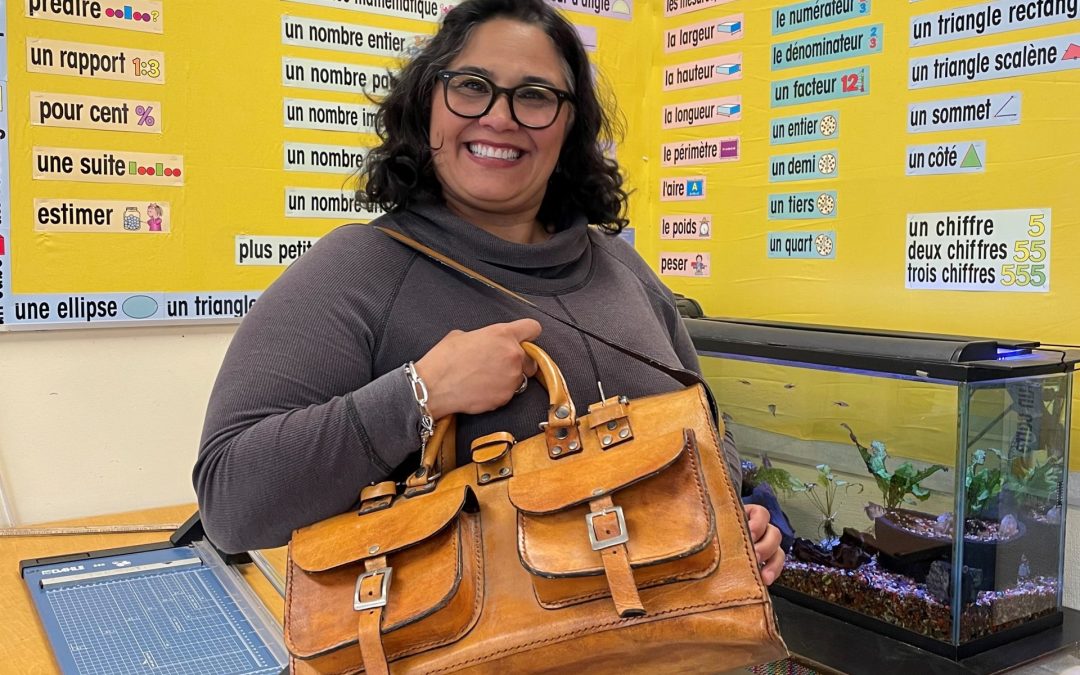Social–Emotional Learning and Violence Prevention: What’s the Connection?
Here at The Circle, our focus is to deliver innovative, evidence-based social–emotional educational programs. Our motivation? We want to encourage youths to develop empathy, respect, self-awareness, and confidence — or what are commonly called “core social-emotional competencies.”
We know that empathy, respect, self-awareness, and confidence are key to fostering healthy relationships. Therefore, we also know that there’s a direct link between social–emotional learning (SEL) and violence-free communities.
.
What Is Violence?
 Violence is any form of harmful behaviour. It can be physical, emotional, or psychological violence. It includes bullying, discrimination, assault, and abuse. It can occur within a family, within a peer group, within a workplace, or even among strangers.
Violence is any form of harmful behaviour. It can be physical, emotional, or psychological violence. It includes bullying, discrimination, assault, and abuse. It can occur within a family, within a peer group, within a workplace, or even among strangers.
In this blog post, you’ll see how different social–emotional competencies are directly linked to violence prevention. If you want to learn more about the other benefits of SEL, check out this blog post: (Link to Benefits of SEL post).
.
How Does Social–Emotional Development Build Healthier Relationships and Create Safer Communities?
Nurturing social–emotional development is considered a central protective factor in violence prevention. A protective factor is a positive influence that improves the lives of individuals by reducing the risk of negative outcomes such as victimization, mental health issues, or criminality.
Building protective factors through social–emotional development ensures that individuals have the skills to build healthier relationships, which ultimately results in safer, more equitable, and violence-free communities.
.
Let’s Take a Look at Specific Social–Emotional Skills as Protective Factors
- Self-regulation: With SEL, youths are taught constructive strategies for managing emotions and big reactions. When youths have certain emotions, such as frustration and anger, and are unsure how to self-regulate, they may display more violent and aggressive behaviour. Through the development of skills to control impulses, express feelings with words, recognize big emotions, and to calm down and refocus on a new task after something exciting or upsetting, youths are more equipped to manage their emotions and practise healthy communication. This is a healthier alternative to violence and aggression.
- Self-confidence and self-awareness: SEL encourages youths to speak up for themselves and others by building their self-confidence and self-awareness. Through activities and games, youths can be encouraged to reflect on who they are and what is important to them. They learn how to set healthy boundaries and challenge the assumptions that they make about their world. Through this greater self-awareness, they experience a shift from relying on outside sources for direction on how to act to trusting in themselves and their own values. Youths who have a greater conviction of responsibility and trust in their own voice are more likely to intervene when they see scenarios that are not right or fair, including instances of bullying.
- Empathy: Empathy, the ability to understand the feelings and perspective of another person, is considered a core social skill. SEL encourages empathy by teaching youths how to appreciate the perspectives of others. Practising empathy means seeing the ways in which we are similar in our thoughts and feelings. When kids learn to put themselves in another’s shoes and practise empathy, they become more skilled in building and maintaining relationships.
- Conflict resolution: Lastly, SEL teaches kids how to resolve conflict in healthier ways. Conflict resolution requires youths to draw on empathy, self-regulation and self-awareness. Kids can use their new capacity for empathy to put themselves into the shoes of someone who is acting or feeling a certain way, to try to understand their experience. Youths can use their new self-awareness skills to be conscious of how they are feeling and respond with vulnerability and respectful self-expression instead of defensiveness and insecurity. They can practise self-regulation by managing their big emotions and reactions in the moment. Through these steps, conflict is solved through healthy communication instead of hurt, aggression and violence. Wow! A tall order made possible through the practice of core social emotional competencies.

.
Promoting Healthy Relationships at The Circle
Here at The Circle, all of our programs are built around the core principles of SEL to work towards safer communities.
- We offer the Empathy Project for Grade 3, 4, and 5 students to provide them with the building blocks of social–emotional learning.
- For Grades 6, 7, and 8, the Respect Project offers students the opportunity to get to know one another better and learn about the foundational role respect plays in their lives.
- The Pass It On program is an after-school, cross-peer group mentorship program with intermediate students (as buddies) and high school students (as mentors). Its goal is to foster capacity for healthy relationships and support life transitions.
Our programs have successfully offered students the wide range of benefits of a social–emotional education. After attending our programming, students have expressed a greater capacity to feel empathy for others, to resolve conflict, and to build equal and healthy relationships. Teachers observe students using their new skills in the classroom, and they request our programs year after year.
Learn more about our programs or request more information about how you can bring our programs to your classroom or organization.
Source: (https://doi.org/10.1002/sop2.8)
 .
.
Adele Mark is a third-year undergraduate student studying Sociology and Global Development Studies at the University of Victoria. She was involved in the Pass It On program in high school at Gulf Islands Secondary School and was hired as Marketing and Communications Assistant, a temporary student position in early 2021, at The Circle. Adele has been involved with several projects that focus on youth education and female empowerment and looks forward to continuing this work with The Circle.


